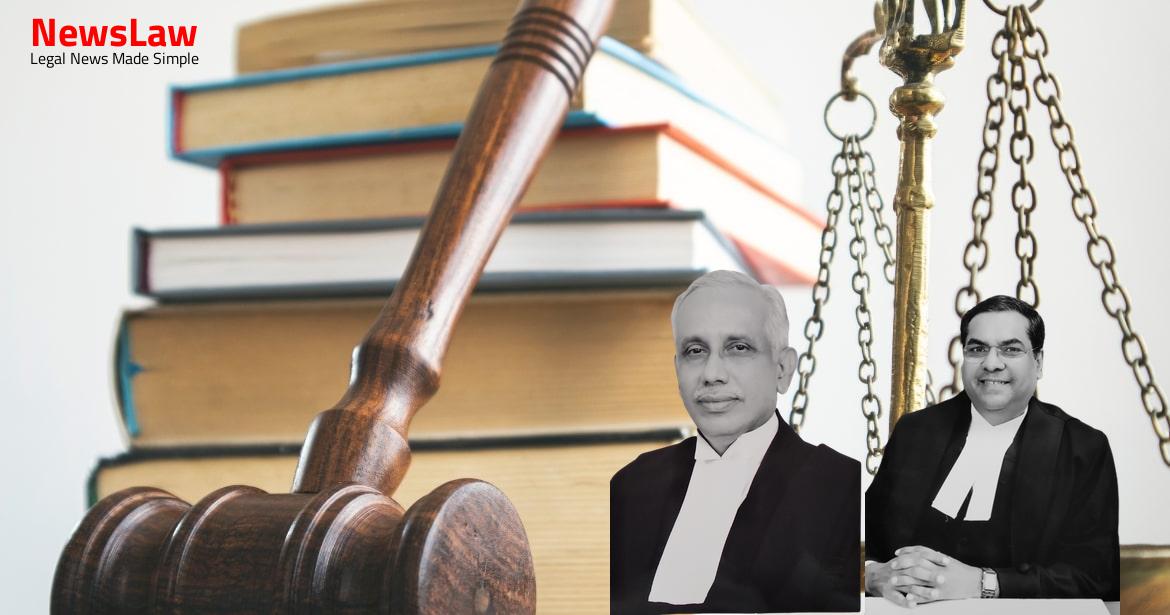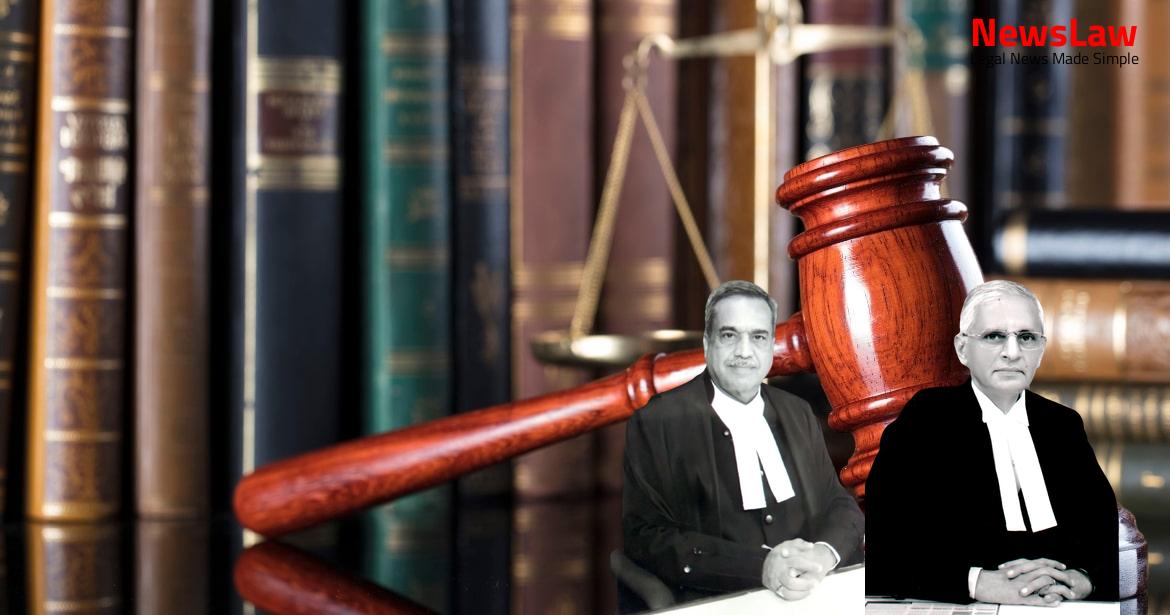In a significant legal battle regarding the time limit for filing revised income tax returns, the Supreme Court delivered a crucial judgement in the case Wipro Finance Ltd. v. Commissioner of Income Tax. The Court’s decision has far-reaching implications on the jurisdiction of assessing officers to consider claims made in revised returns after the deadline has passed. This case sheds light on the complexities of income tax laws and the importance of adhering to statutory timelines.
Facts
- Appellant filed a return of income for assessment year 1989-90 on 19 November 1989.
- Appellant filed a revised return on 29 October 1991 and another revised return on 31 October 1990.
- Intimation issued under Section 143(1)(a) of the IT Act on 27 August 1991. Necessary tax amount paid by appellant.
- CIT (Appeals) dismissed the appeal on 21 July 1993 citing Section 139(5) of the IT Act regarding the revised return filed on 29 October 1991 being barred by limitation.
- CIT (Appeals) directed the assessing officer to consider the claim regarding deduction of deferred revenue expenditure.
- Tribunal partly allowed the appeal by remanding the case back to the file of the assessing officer.
- The High Court set aside the order of the Tribunal
- The High Court’s reasoning was that the revised return was filed after the time limit, so no provision could be made for the appellant’s claim
- The Tribunal’s decision was overturned by the High Court
Also Read: Legal Battle: State of Uttaranchal vs. Plaintiffs
Arguments
- The learned counsel pointed out that the Tribunal did not direct consideration of the revised return.
- The Tribunal believed that the assessing officer could still consider the claim made by the appellant regarding deduction of deferred revenue expenditure in accordance with the law.
- The appellant was allowed to make a claim during the assessment proceedings even if it was not specifically claimed in the original return.
- The High Court correctly concluded that once the revised return time limit passed, the assessing officer lost jurisdiction to consider the appellant’s case.
- A decision of the Court in the case of Wipro Finance Ltd. v. Commissioner of Income Tax was relied upon for support.
- The counsel for the appellant reviewed the Tribunal and High Court orders.
- The ASG cited decisions in the cases of Goetzge (India) Ltd. v. Commissioner of Income Tax and Principal Commissioner of Income Tax & Anr. v. Wipro Limited.
- Once the time limit for filing a revised return had expired, the claim for deduction in the revised return could not be considered.
Also Read: Supreme Court’s Judgement on Discharge Application of Dilip Bhai
Analysis
- The Tribunal did not exercise its power under Section 254 to consider the claim related to the benefit under section 10B(8)
- The Court did not address the assessing officer’s power to consider a claim made after the revised return deadline
- The appellant’s argument of claiming the entire amount as revenue expenditure after mentioning it as partly capital expenditure in the original return was rejected
- Filing a revised return under section 139(5) after the original return cannot be used to withdraw a claim and then seek to set off losses
- The ITAT entertained a fresh claim for the first time, contrary to the stand taken in the original return filed under section 139(1)
- The objection raised by the department cannot be accepted as the assessing officer had no jurisdiction to consider the claim made in the revised return after the deadline
- Filing a revised return in a case where the original return did not claim a particular benefit or exemption is not permitted
- The ITAT allowed the appellant to set up a fresh claim, which was inconsistent with the original return’s stand, with no objection from the department
Also Read: Illegal Search and Seizure Case: Quashing of Complaint and FIR by Supreme Court of India
Decision
- The appeal has been dismissed.
- There is no reason to interfere with the impugned judgment of the High Court.
Case Title: M/S SHRIRAM INVESTMENTS Vs. THE COMMISSIONER OF INCOME TAX III CHENNAI (2024 INSC 760)
Case Number: C.A. No.-006274-006274 – 2013



